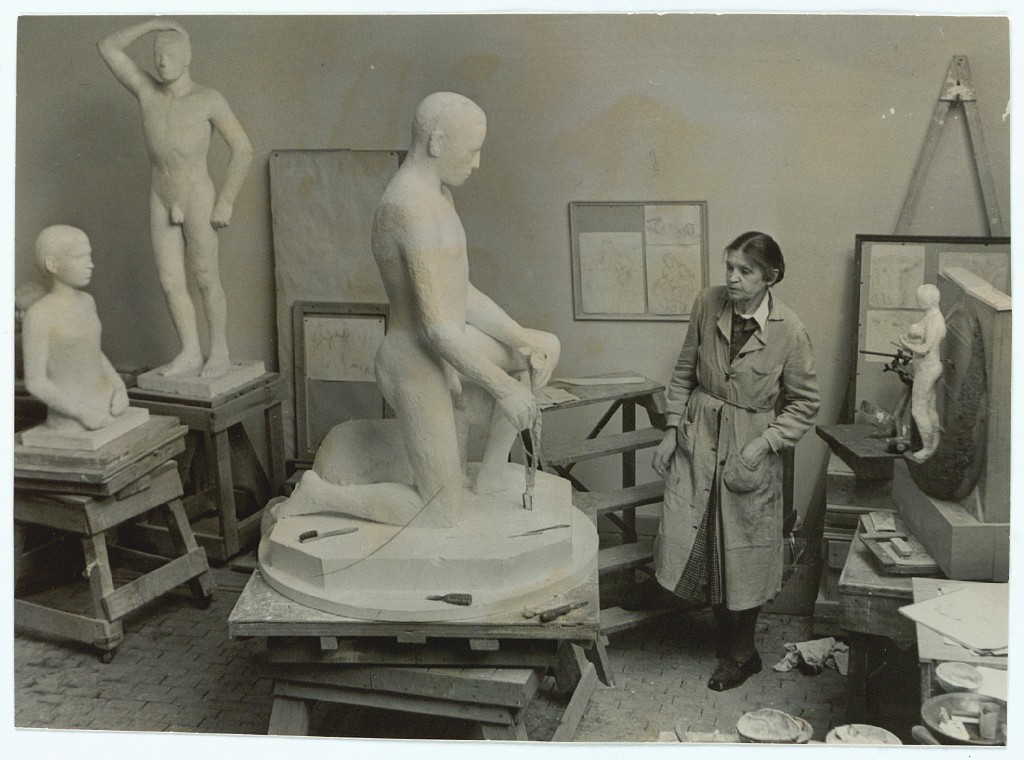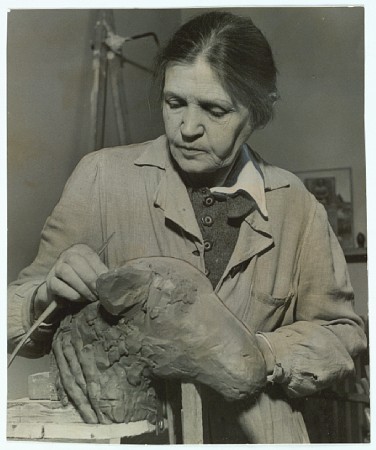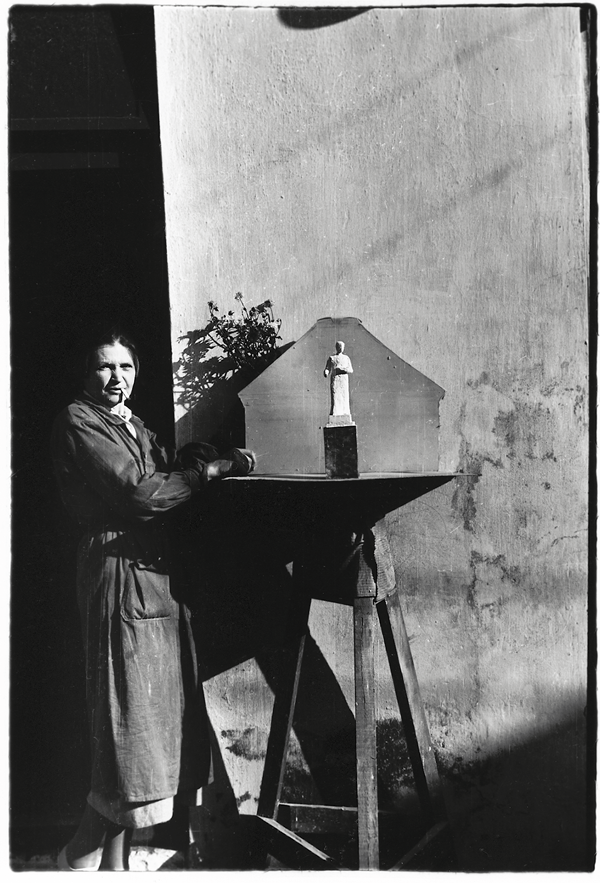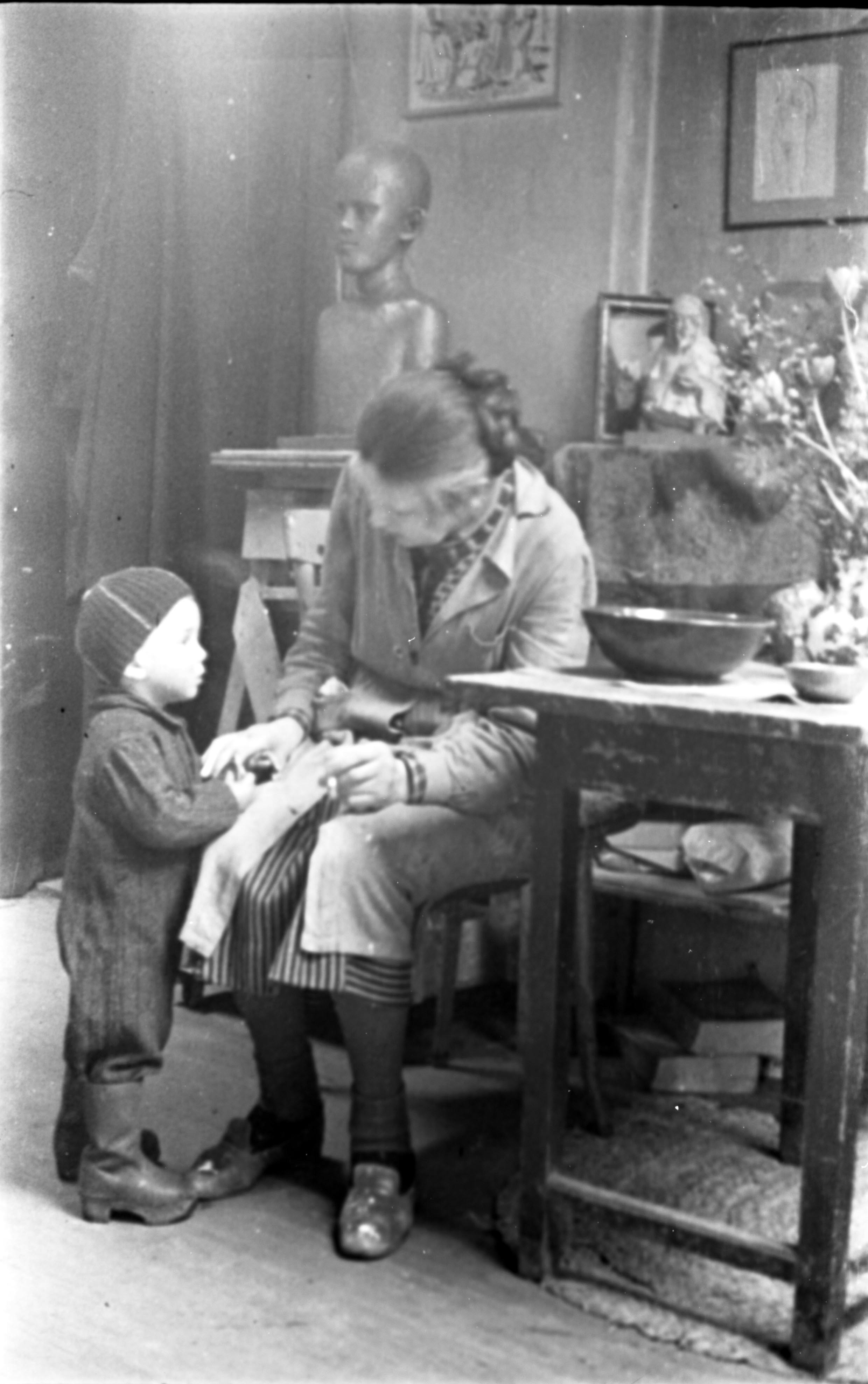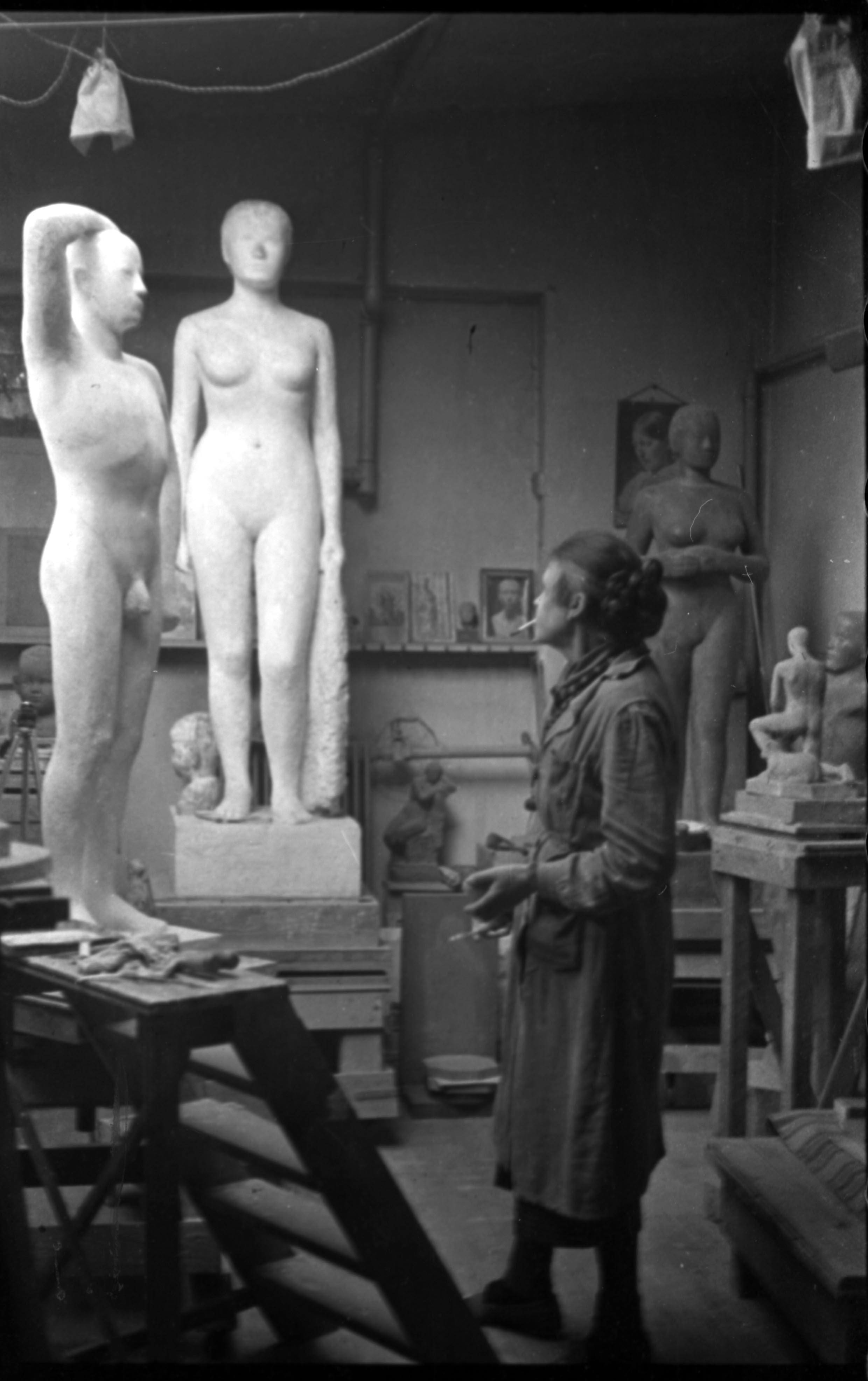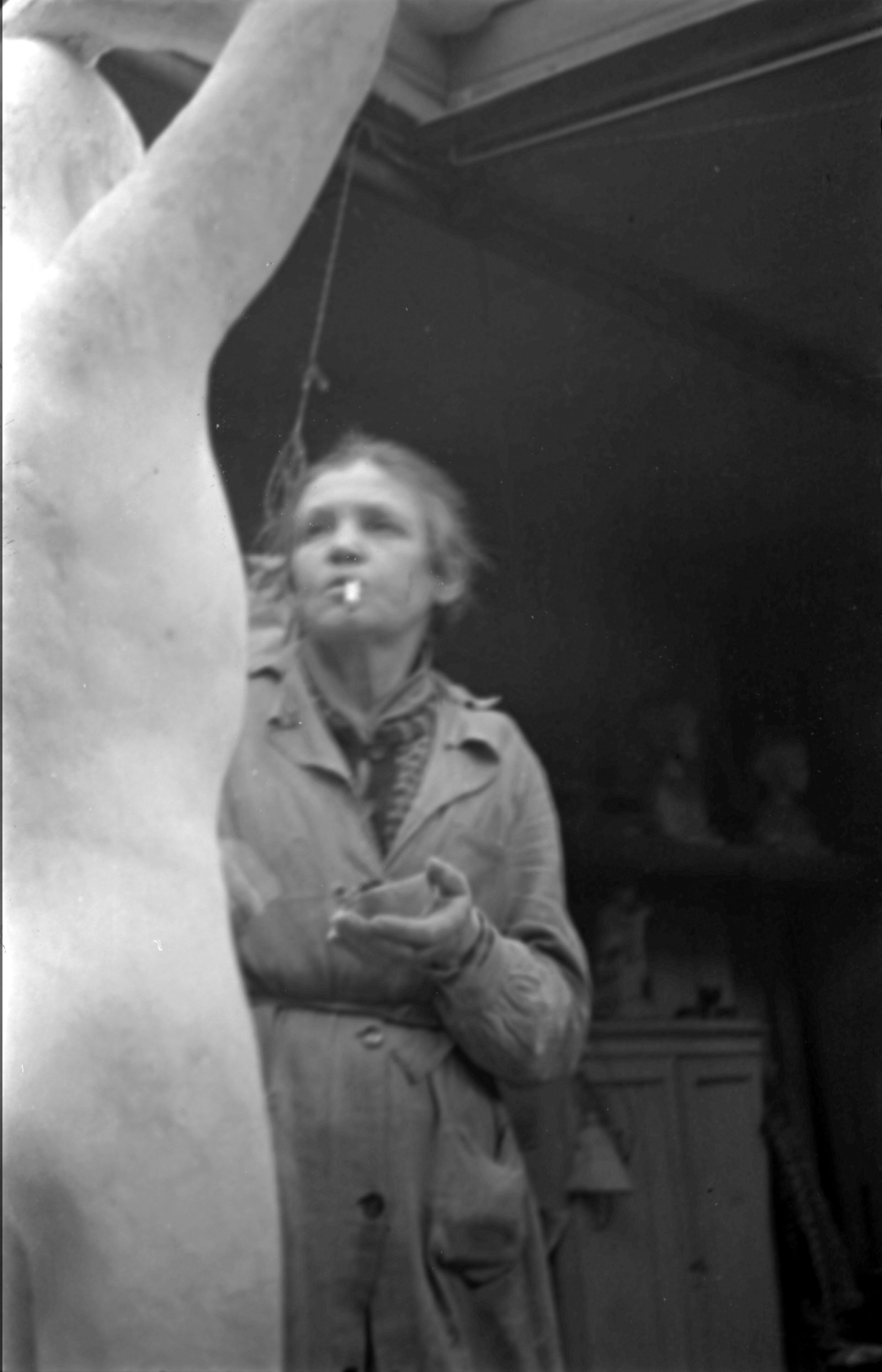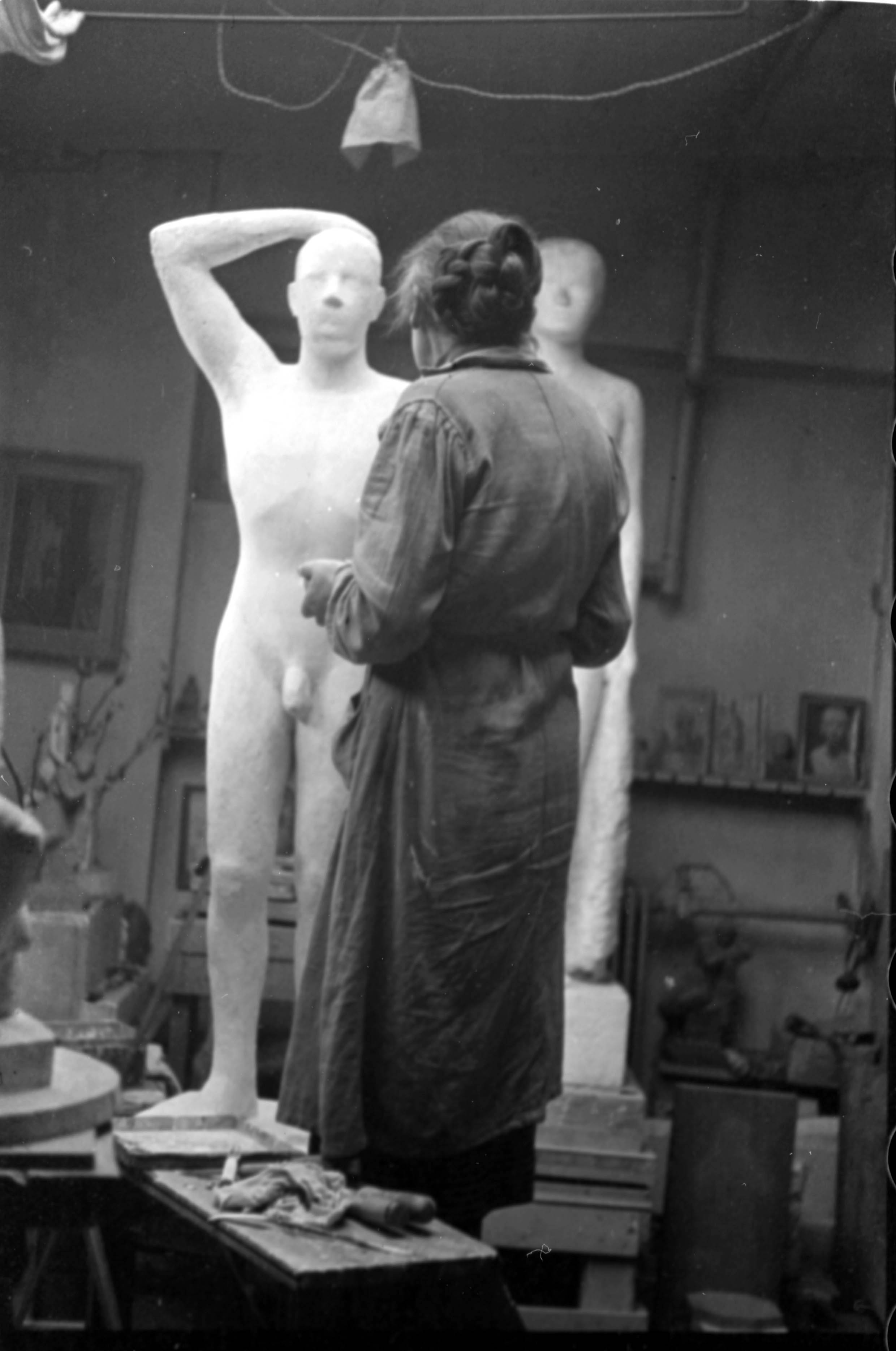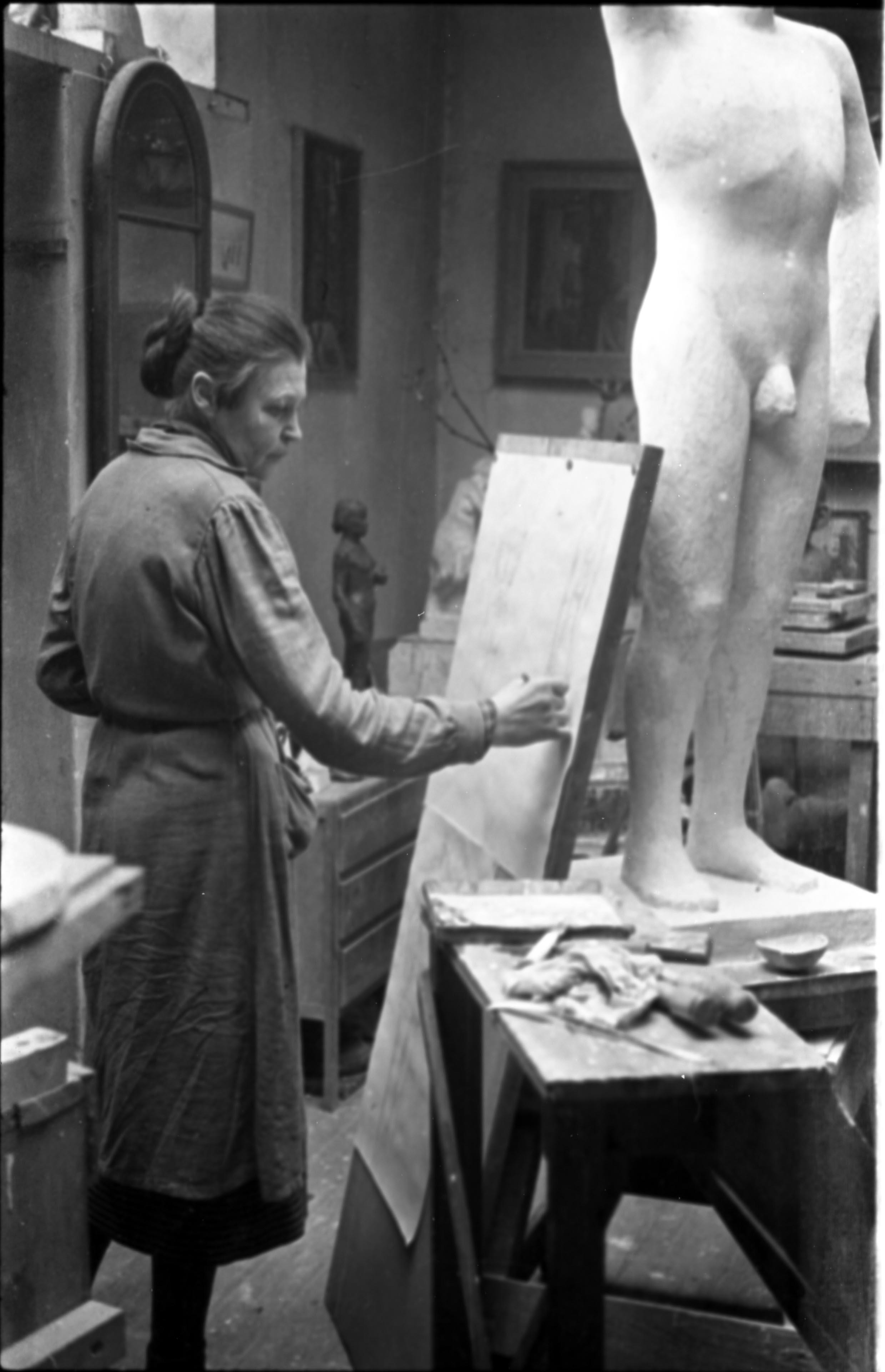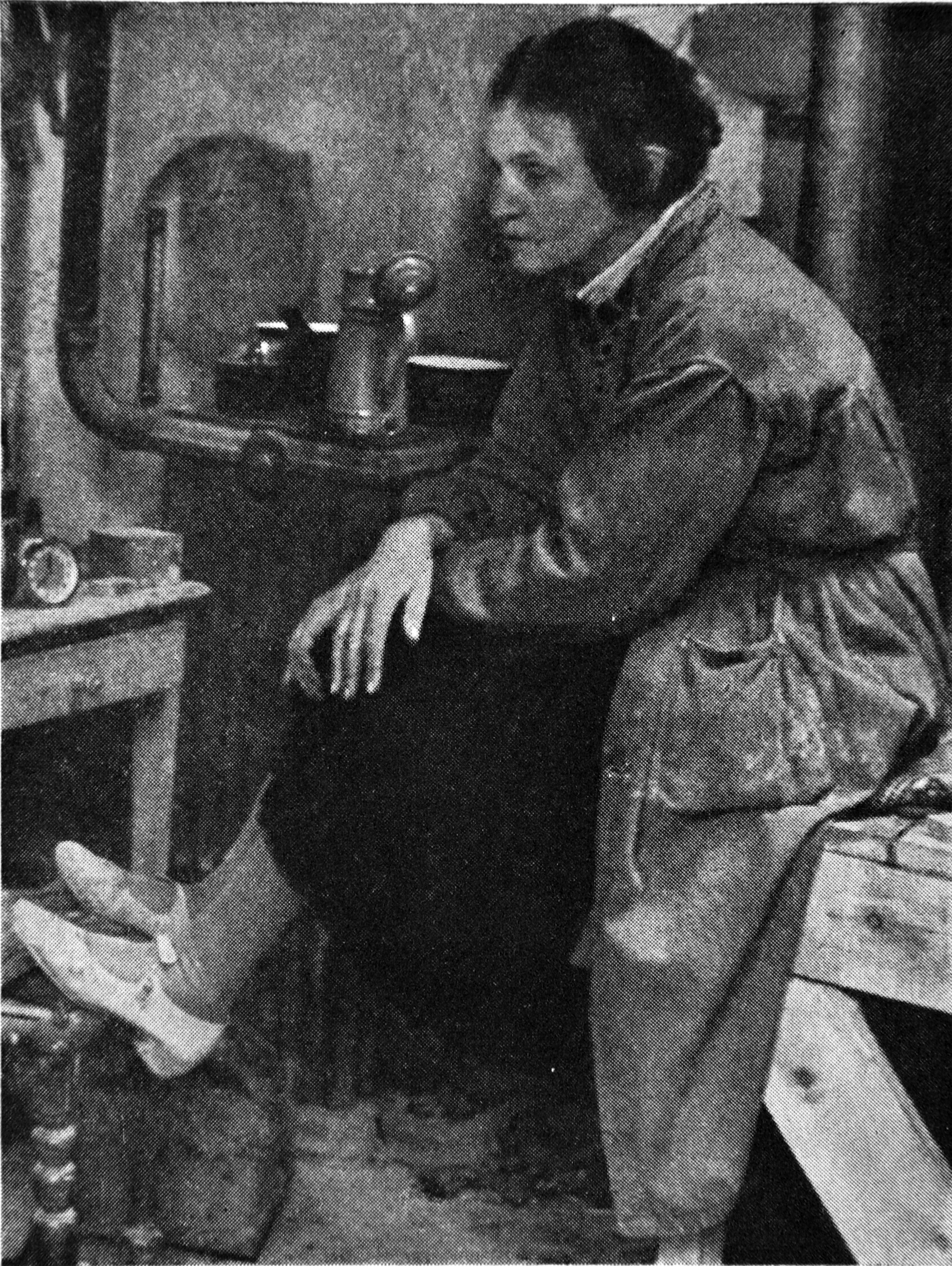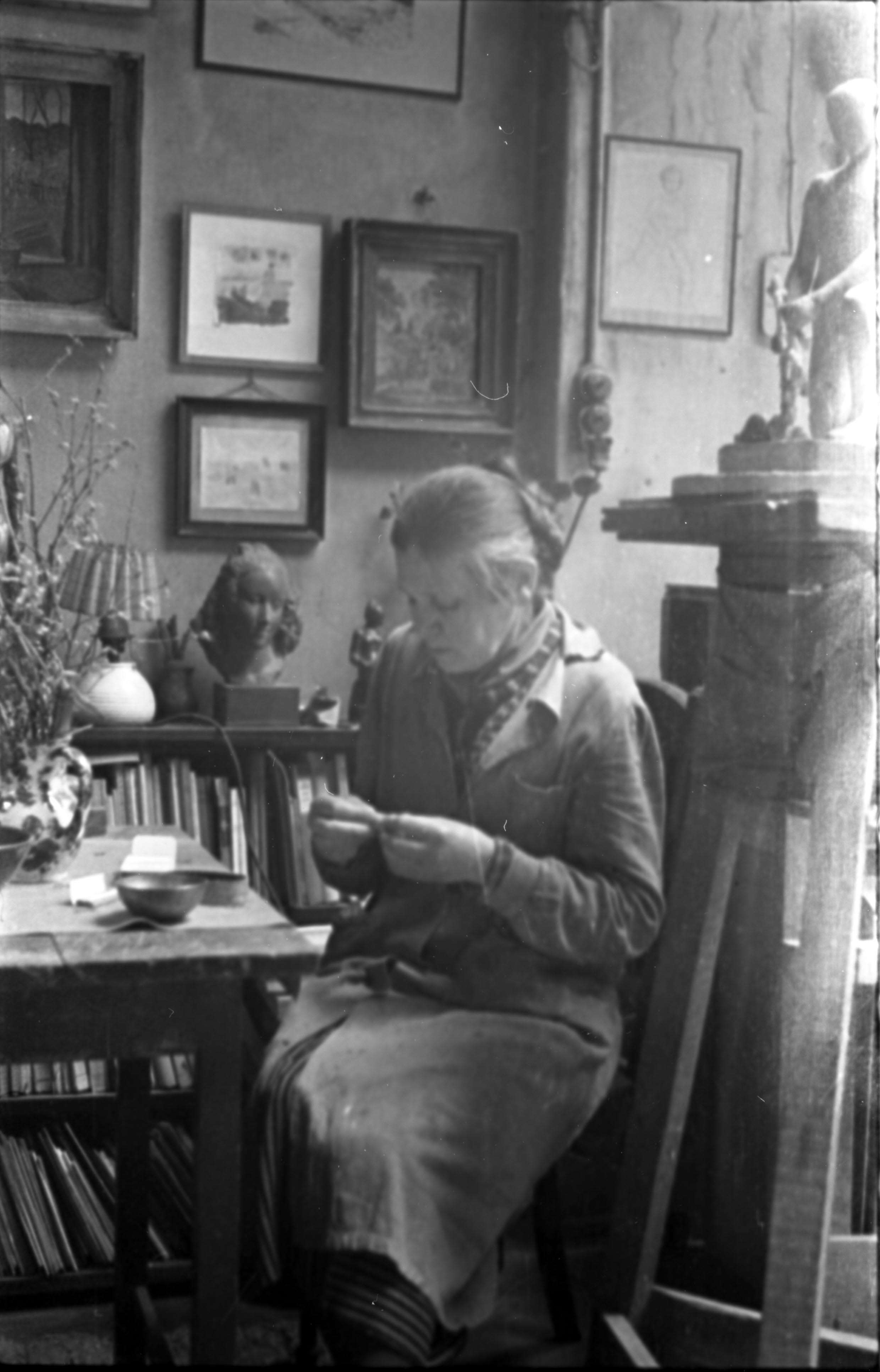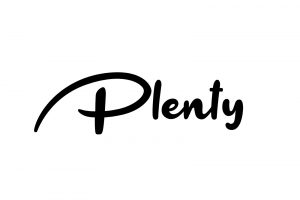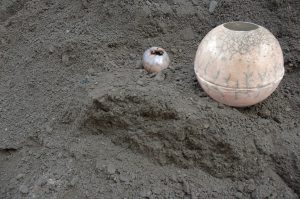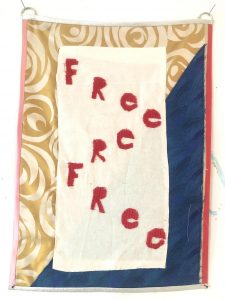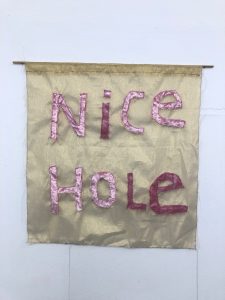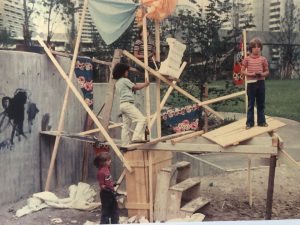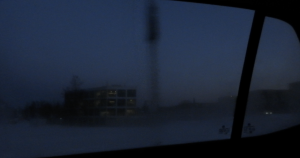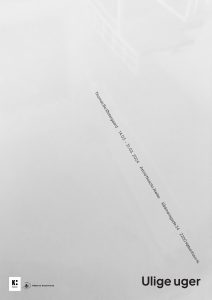-
- Astrid Noacks Atelier
- Rådmandsgade 34
- 2200 København N
- kbr@astrid-noack.dk
Current
Asta Lynge, Jakob Ohrt & Eleanor Ivory Weber Plenty
15.08.24 - 15.09.24Events
Calendar
Asta Lynge, Jakob Ohrt & Eleanor Ivory Weber Plenty
15.08.24 - 15.09.24Arendse Krabbe Sound of becoming another kind of being – living – dying
20.09.24 - 19.10.24Jeuno JE Kim Movements That Matter
25.10.24 - 01.12.24
Past events
Line Skywalker Karlström Cruising in Public Spaces
03.06.24 - 30.06.24Mia Edelgart og Sebastian Hedevang Between the Houses
03.06.24 - 30.06.24Niels Christensen Body Bona Fide #1
26.04.24 - 18.05.24Thomas Bo Østergaard Odd weeks
19.02.24 - 31.03.24About ANA
ANA is a cross-aesthetic space for artistic experimentation, knowledge sharing and critical discussion at Ydre Nørrebro in Copenhagen. ANA is dedicated to the notion of art as a public sphere and as a collective tool for reflection that can create forms and images making us see and sense, ask questions and think about the world and everyday life in new ways. With and through art ANA focuses on sharing knowledge, testing ideas and presenting alternative imaginary horizons and models of action.
ANA was established in 2009 and has a background in the activist artist collective YNKB (Ydre Nørrebro Culture Bureau). ANA’s programme has four strands: ANA Local, ANA Air, ANA Children and ANA Forum. These draw back to the Danish sculptor Astrid Noack’s everyday life and artistic work in the studio in the period 1936-1950, where social and professional exchanges with neighbors and artists from near and far were part of daily life. ANA’s cross-aesthetic programme connects the history of the room with a desire to jointly develop the space, which as a result of gentrification, is left isolated, cut off from its former existence as part of a lively backyard environment with workshops and small industry.
Today, ANA stands on the shoulders of the many artists and actors who have contributed to supporting and developing the space over the years. ANA’s institutional modus operandi is rooted in a principle of repetition and slowness. To allow artists to proceessually develop projects over several years and to gain knowledge of the space and the surrounding rapidly gentrified area – which used to be a typical working class neighbourhood – we emphasise inviting artists on several rounds so that over time they can continue their research and conversations. Our desire is to keep things moving, to prioritise process over outcome and to act as an open, caring and inclusive art space.
In the coming years, we will further emphasise values around slowness, ‘commoning’ and collective (un)learning. A set of values that moves against the productivity- and efficiency-oriented structures that characterize the surrounding capitalist society and the art institution. We want to gradually slow down the pace and focus on offering artists generous time for reflection and the opportunity to experiment and research in a context where knowledge sharing, negotiation and critical dialogue are at the center.
PARTNERS:
PASS – Center for Practice-based Art Studies, University of Copenhagen
roda – soft water on hard stone (Katarina Stenbeck & Carla Zaccagnini)
SUPPORTED BY:
Overretssagfører L. Zeuthens Mindelegat
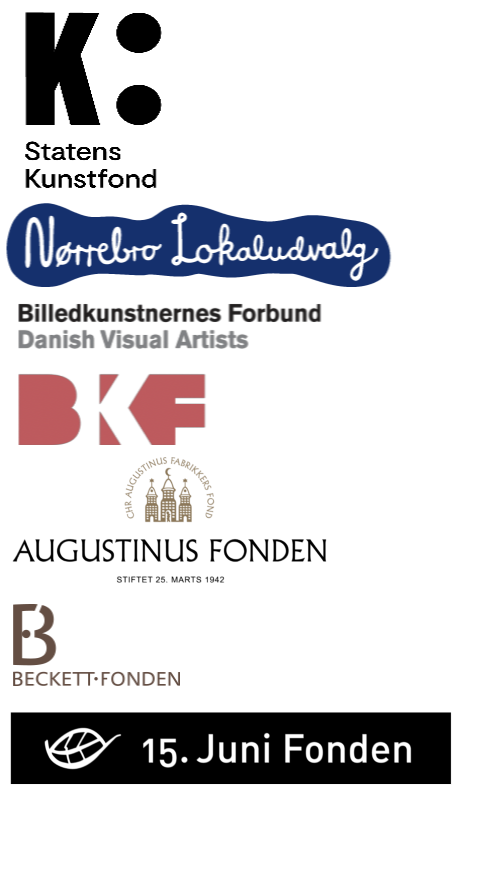
- ANA Air
- ANA Children
- ANA Forum
- ANA Local
Preservation Work
It’s still there. The sculpture studio in Rådmandsgade 34 on Outer Nørrebro in Copenhagen. The sculptor Astrid Noack (1888-1954) lived and worked here under very primitive conditions in the back building in the period 1936-1950. From here she fought her way up through the male-dominated art world of the time, and created some of her most significant works.
In 2010, the Foundation Rådmandsgade 34 was formed with the aim of gently restoring the studio. In September 2016, as the first important step in the Foundation’s work, the restoration of the part of the backyard where Astrid Noack lived and had a studio began. The restoration was realised with support from the New Carlsberg Foundation and was handled by architect Erik Brandt Dam.
Astrid Noack
Astrid Noack (1888-1954) is one of the twentieth century’s most significant Danish artists. As a sculptor she was inspired by the French tradition, which is characterised by frugality and scarcity of means, and by archaic sculpture. The figures stand in space and small displacements of movements gives life to the sculptures. The sculptures are built up from the inside, from where the displacements are propagated towards the surface and further into the room.
